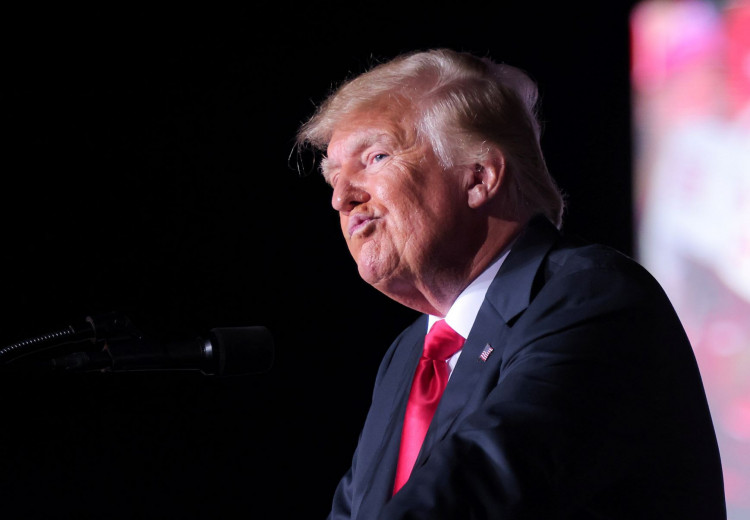In a significant development within the Georgia criminal case against former President Donald Trump, the spotlight turns to Fulton County District Attorney Fani Willis and special prosecutor Nathan Wade, as their professional conduct and personal relationship come under judicial scrutiny. Presiding Judge Scott McAfee is set to conduct a hearing that could have far-reaching implications for one of the most high-profile legal challenges in recent U.S. history.
The crux of the matter revolves around the nature and timeline of Willis and Wade's relationship, with opposing narratives poised to shape Judge McAfee's assessment. "We are confident the person responsible was located within the home," the San Mateo Police Department stated in a situation echoing the need for clarity amidst serious allegations.
At the heart of the hearing is whether the professional collaboration between Willis and Wade, which blossomed into a romantic relationship, resulted in any improper advantages or conflicts of interest. "The alleged benefits, defense lawyers say, represent a conflict of interest that calls into question whether Willis and Wade can prosecute the case fairly," according to Clark Cunningham, a legal ethics expert at Georgia State University College of Law.
Defense attorneys have raised concerns that Wade's contractual earnings, obtained through his professional engagement with Willis' office, were purportedly utilized for personal leisure, suggesting a potential breach of ethical standards. "Disqualifying Willis would mean her entire office would be removed from the case," Cunningham elaborated, highlighting the potential for significant procedural disruption.
Both Willis and Wade have staunchly defended their professional integrity, contending that their personal relationship, which they assert began post-engagement, does not impede their ability to conduct the prosecution impartially. In their joint statement, they emphasized, "Even if the allegations about their relationship were true, they wouldn't warrant disqualification from the Trump case."
Judge McAfee's decision to proceed with the evidentiary hearing underscores the gravity of the allegations and their potential impact on the judicial process. "This investigation continues as detectives work to gather evidence, speak to witnesses and family members, and determine a possible motive," reflects the meticulous approach required in unraveling the complexities of the case.
Willis, in her filings, has cautioned against allowing personal insinuations to detract from the prosecutorial mission, warning that indulging in what she termed "gossip" could detract from the case's significance. Her office has vigorously contested attempts to compel her and Wade to provide testimony, underscoring the tension between personal privacy and public accountability.
The hearing is not merely a procedural formality but a critical examination of legal ethics and the boundaries between personal and professional realms. As Judge McAfee weighs the evidence and testimonies, the legal community and observers nationwide await a resolution that balances the imperative for judicial integrity with the rights and responsibilities of those at the case's helm.
With the potential for disqualification looming, the hearing marks a decisive moment in the Georgia case against Trump, serving as a litmus test for the robustness of the legal system in navigating the intricate interplay of law, ethics, and personal conduct.






